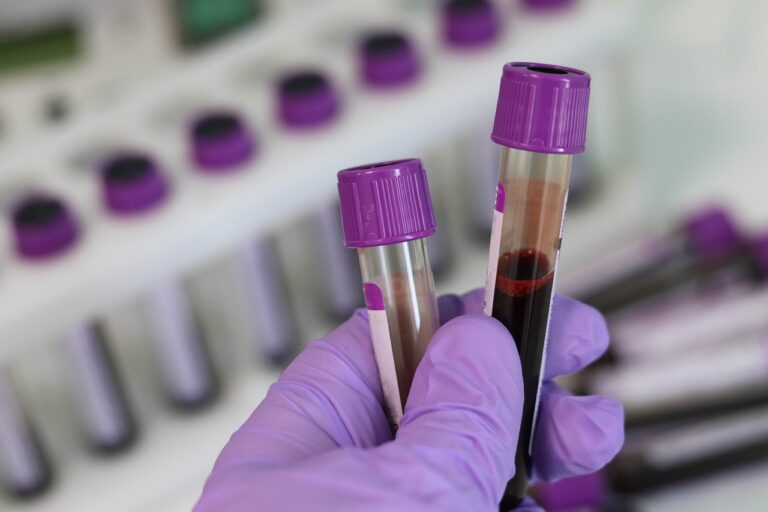The Impact of Economic Disparities on Health
Economic disparities play a significant role in determining one’s access to healthcare. Individuals with higher incomes often have better access to quality healthcare services, while those with lower incomes may face barriers in obtaining necessary medical care. This disparity in access to healthcare can result in negative health outcomes for those from lower socio-economic backgrounds.
Lack of financial resources can limit an individual’s ability to afford health insurance, medical treatments, and preventive care services. As a result, individuals from low-income households may delay seeking medical attention or forego necessary treatments due to cost concerns. This can lead to a higher prevalence of untreated medical conditions and chronic illnesses among economically disadvantaged populations.
The Link Between Poverty and Health Outcomes
Poverty can have a significant impact on an individual’s overall health outcomes. Limited access to resources like nutritious food, quality healthcare, and safe living conditions can exacerbate health disparities. People living in poverty often face barriers to receiving timely medical care, leading to higher rates of chronic illnesses and untreated conditions.
Furthermore, the added stress of financial insecurity can contribute to mental health issues and overall well-being. Research has shown that individuals living in poverty are more likely to experience higher levels of stress, which can manifest in various physical and mental health problems. Addressing the link between poverty and health outcomes is essential in creating a more equitable healthcare system that ensures access for all individuals, regardless of their socioeconomic status.
The Role of Education in Health Disparities
Education plays a crucial role in determining health outcomes and addressing disparities in healthcare access. Individuals with higher levels of education tend to have better health outcomes compared to those with lower educational attainment. This is because education equips individuals with the knowledge and skills needed to make informed health-related decisions, access healthcare services, and adopt healthy behaviors.
Furthermore, educational attainment is closely linked to socioeconomic status, which in turn affects access to healthcare resources. People with higher levels of education are more likely to have stable employment with health insurance coverage, making it easier for them to seek medical care when needed. In contrast, individuals with limited education may face barriers such as financial constraints and lack of health literacy, which can result in poorer health outcomes.





